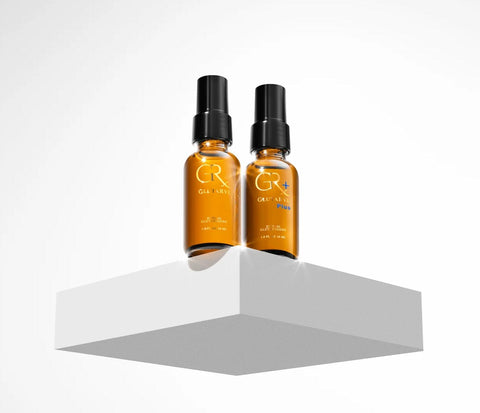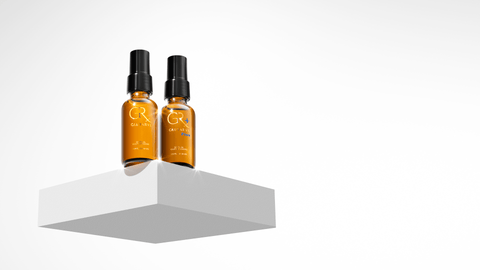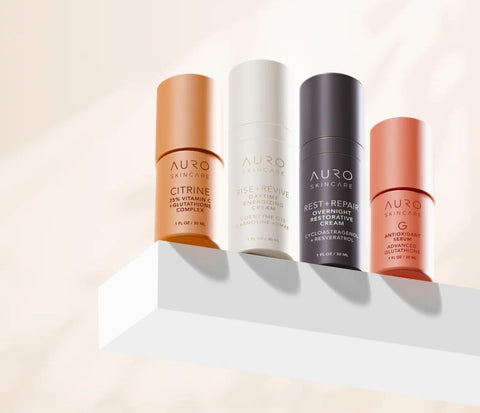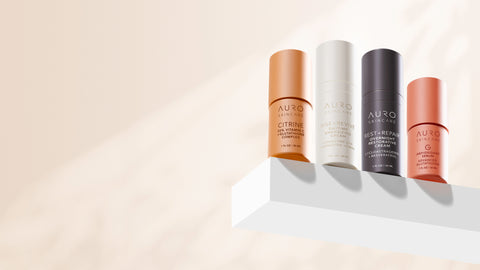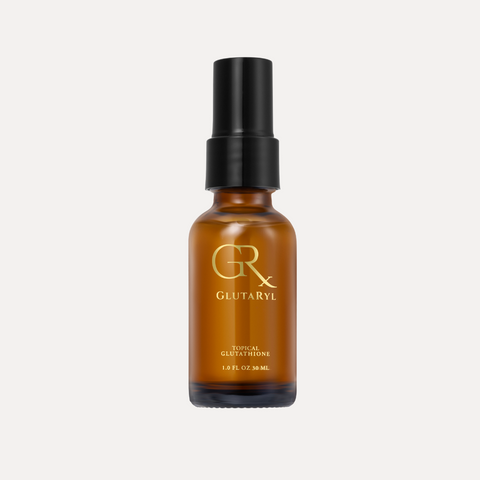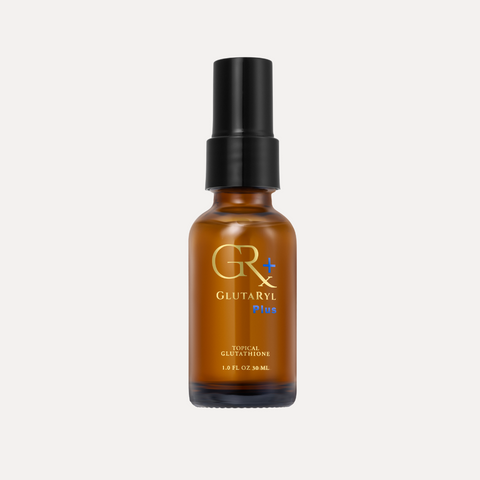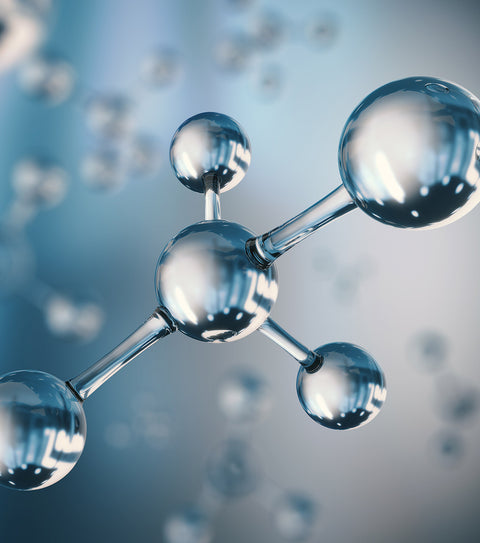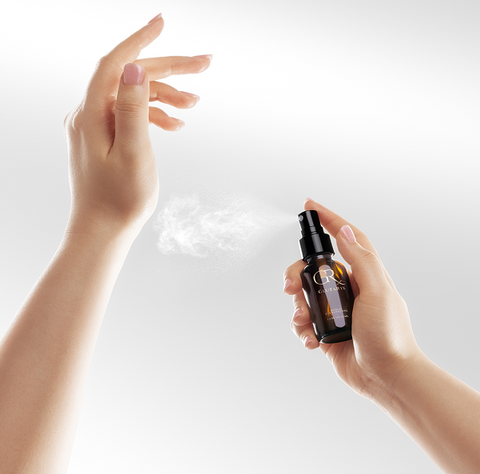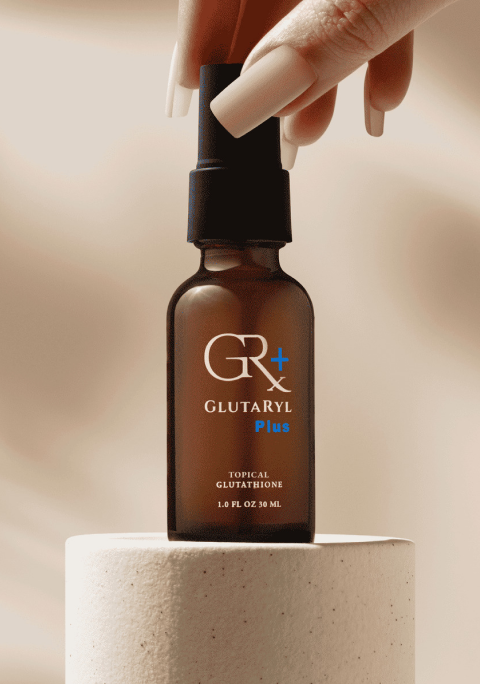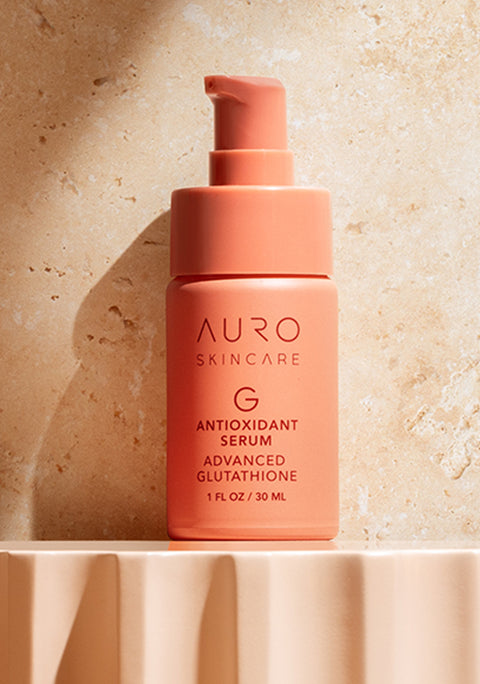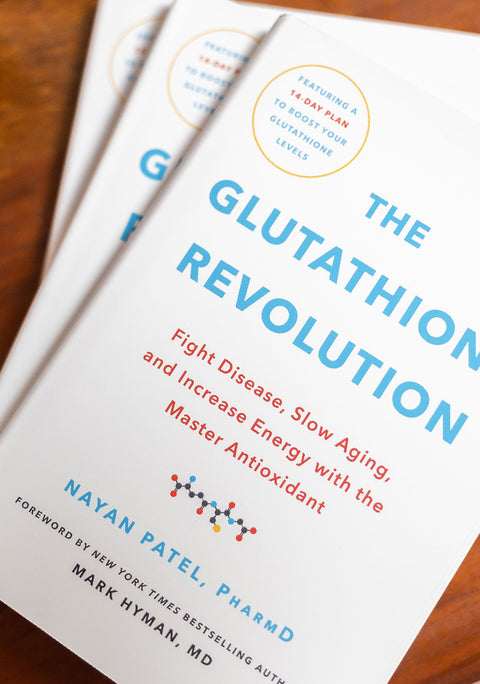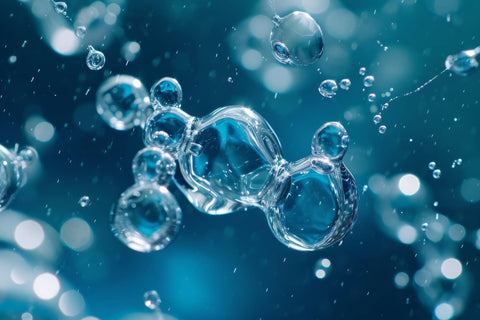Multi-Patented Technology to Deliver Results
The Wellness line features the first-of-its kind Topical Glutathione for promoting liver cleansing, combat signs of aging, and promote overall vitality.
The Skincare lines uses Auro's Patented Technology to deliver antioxidants and Peptides to the deeper layers of the skin with proven clinical results in one week.






Latest articles
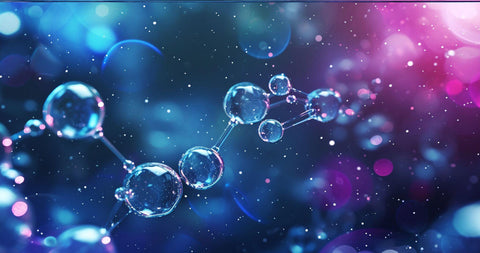
Glutathione is a potent antioxidant naturally produced by the body that is essential for detoxifying...
Partner With Us
Become an approved brand partner and you will receive an affiliate link or referral code so you can get credit when you refer your patients and clients.

